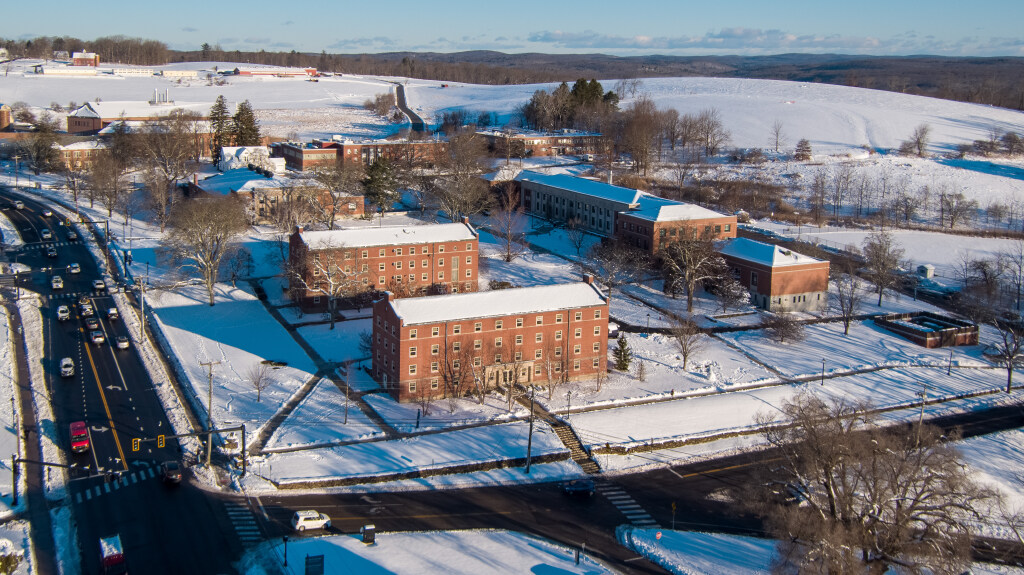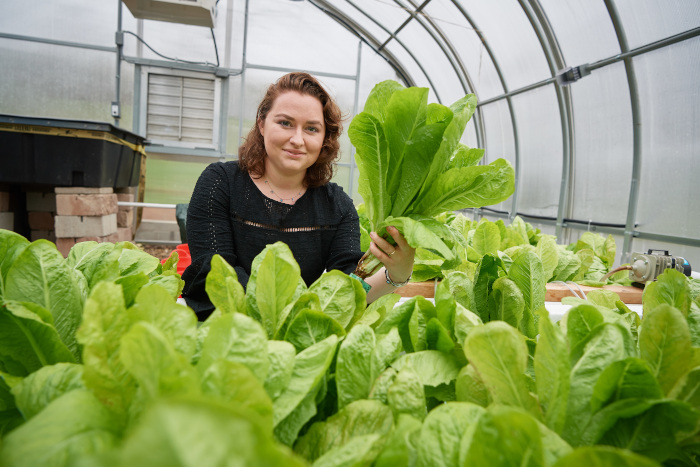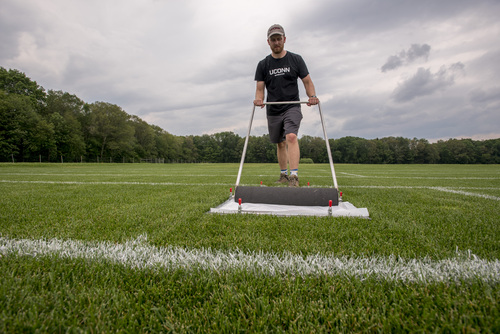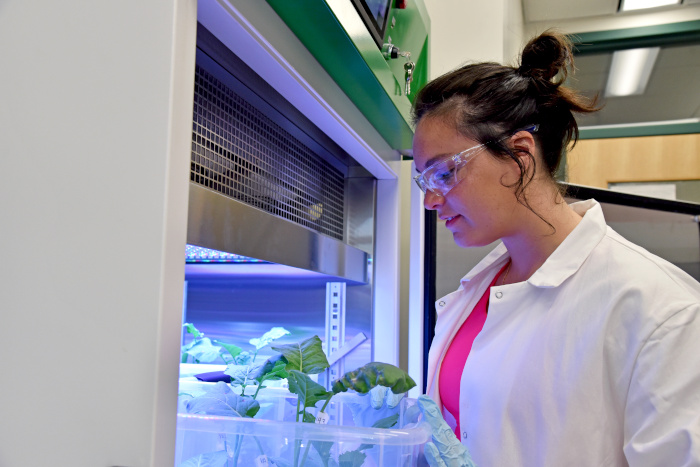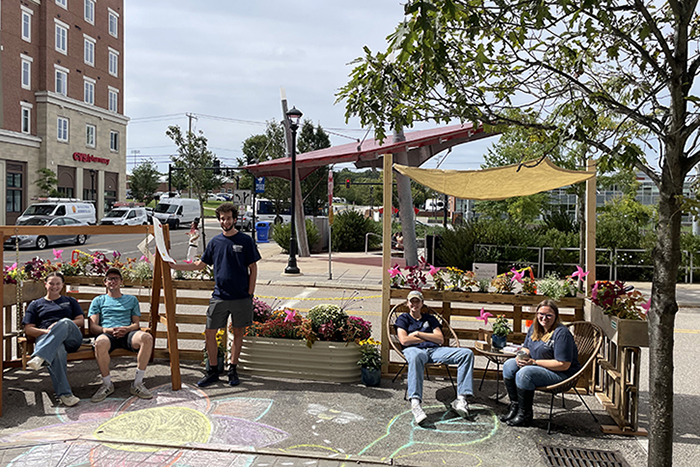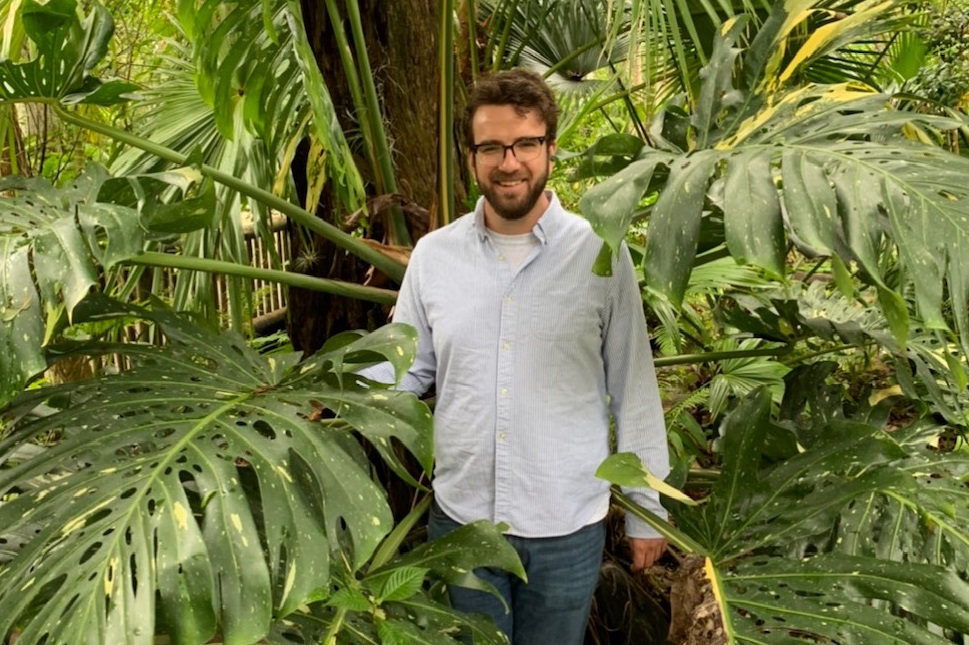-

Until this study, no research had directly tested how manganese affects nitrogen cycling under agronomically relevant conditions
-
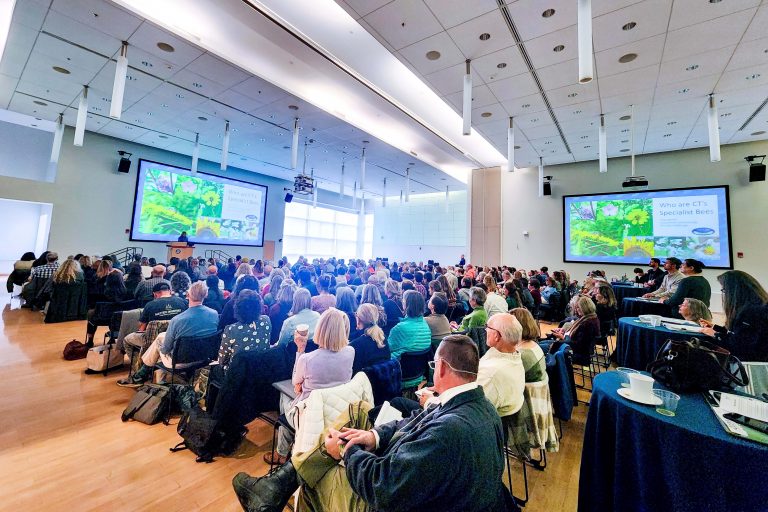
The fifth biannual Native Plants and Pollinators Conference brought together professionals and enthusiasts from across Connecticut
-

Bringing together experts from across the College, CAHNR conference showcases leadership in One Health approaches in research, teaching, and Extension













